There is a huge difference between amending a provision or introducing a new provision versus wiping out laws and replacing them with new ones. A huge structural change in these laws may create chaos, uncertainty, and anxiety when it comes to implementation. It is because even a small change in an enactment has a significant impact on those who deal with it, the lawyers and judges and of course the complainants and accused. Hence, caution shall be exercised before making the proposed changes to these laws.
On 15th August 2022, while addressing the nation in his Independence Day speech, Prime Minister Mr Narendra Modi talked about the Panch Praan (five promises) for the upcoming 25 years. One of the Praan mentioned was to set free the society from the slavery mindset of British Colonialism. On the backdrop of this Praan the Union Home Minister introduced three new bills replacing existing codes on criminal law. The core object which is said out loud is that the existing criminal laws were signs of slavery as they were the colonial-era laws. The newly introduced bills are said to be a way forward to escape from the colonial legacy.
It was in 2020 when the Central Government constituted a Criminal Law Reforms committee to make suggestions to revise the Indian Penal Code of 1860 (IPC), The Code of Criminal Procedure of 1973(CrPC), and The Indian Evidence Act of 1872(IEA). In February 2022, the committee submitted a report to the Government. In August 2023, in the monsoon session of Parliament, the Union Home Minister introduced three Bills to replace the existing codes of criminal law. The Indian Penal Code, of 1860 is to be replaced by the Bhartiya Nyaya Sanhita, 2023 (BNS). The Code of Criminal Procedure, 1973 is to be replaced by the Bhartiya Nagrik Suraksha Sanhita, 2023 (BNSS) and the Evidence Act, 1872 will be replaced by the Bhartiya Sakshya Bill, 2023 (BSS). At present the Parliamentary Standing Committee on Home Affairs has commenced its hearing to assess the three Bills.
There are some of the highlights on the face of these new bills which cannot go unnoticed. Such provisions need to be addressed and analysed.
1) What is in the 'name change'
The code of criminal procedure is renamed as Bhartiya Nagrik Suraksha Sanhita. Keeping aside the Hindi imposition debate for a while, the code intends to codify the procedure to be followed to deal with criminals. However, it is not conveyed through the new name for the code. The opt name that was already prevalent would be Bhartiya Dandiya Nyay Prakriya Sanhita. Similarly, the Indian Penal Code could have been renamed as ' Bhartiya Dandaniya Nyay Sanhita'.
The Madras Bar Association has passed a resolution against the decision of the central government to rename the Indian Penal Code, Criminal Procedure Code, and Indian Evidence Act on the ground that it is an attempt to impose Hindi. The bar Association insists on keeping the English names. Such a move to impose Hindi names is against the Constitution of India. The central government answers to this stating that the new names are in Sanskrit which is the oldest language of India.
2) Is it correct to brand entirely the trio of (IPC, CRPC, IEA) criminal laws as colonial-era law?
Out of the trio of criminal laws, the old Code of Criminal Procedure 1898 was substituted by the Code of 1973. Since then, it has been amended seventeen times till recently in 2018. So, the code has time and again been Indianised. Then the Indian Penal Code which was drafted by Lord Macaulay in 1860 has been amended more than 30 times after independence. Similarly in the case of the Indian Evidence Act which has also been amended time and again. So, though these laws were introduced in the British era by the British Government they have been amended to be suitable for Indian society. Instead of branding a law as colonial, the fact that should be looked into is whether a law serves today's purpose or not.
3) Is it correct to call it a total overhaul/wiping off the criminal laws?
It would be wrong to say that there is a total overhaul of criminal laws. Except few provisions that are newly added or wiped away, a large part of the new bills reproduces the existing provisions of old criminal laws. Most experts have stated that new bills retain more than 80% of IPC. The CrPC is also amended whenever required and this is not an overhaul.
4) Is the sedition law done away with?
The word sedition per se is not there in the new bill of BNS. However, the bill has provisions for "offences against the state" wherein section 150 speaks of 'act endangering sovereignty, unity and integrity of India'. Irrespective of the fact that the Supreme Court of India had kept the 152-year-old law of sedition in abeyance the new bills still have a similar rather more vague and dangerous provision.
5) What about the offence of Adultery: In 2018 in the case of Joseph Shine vs. Union of India the Supreme Court of India struck down section 497 of IPC which criminalised adultery as unconstitutional. But the text was still there in the Penal Code which is omitted from the new bill. However, the provision reflecting the essence of adultery which is Enticing or taking away married women- wives of another man with the intent of illicit intercourse is still there in the new bill of BNS under section 83(IPC section 498)
6) The Unnatural offences under section 377 IPC: It was also struck down by the Supreme Court of India to the extent that it criminalised same-sex relationships between consenting adults. The non-consensual acts against men which amounted to unnatural sex still an offence in the eyes of the law. However, the new bill has removed the whole of the provision.
7) Sexual intercourse under the false pretext of marriage or deceitful means: It is newly introduced into the BNS Bill. There was no such express provision, but such instances were dealt with under Section 90 of IPC as to 'misconception of facts.
8) Now Murder is not 302 and cheating is not 420: When it is talked about murder, even a layman calls it or knows it to be an offence of section 302. It is one of the very few offences known by its section number amongst the general public. However, the section is replaced with the offence of 'Snatching' which was not previously provided under IPC. Similarly, Section 420 which provided for the offence of cheating is given under Section 316 of BNS and there is no Section 420 under the bill. Former Madras High Court Judge K Chandru remarked that- "Even if you change the section for the offence of cheating a cheater will still be called as 'char sau bees'."
9) Community service is a new form of punishment for the offence of defamation: Under the IPC section 53 gives the kinds of punishment as the death sentence, life imprisonment, imprisonment which may be simple or rigorous, forfeiture of property, and fine. The offence of defamation under section 499 was punishable by 2 years of simple imprisonment or fine or both. The new bill of BNS added community service as one of the punishments for defamation and also for other petty offences.
10) The old laws were heavily criticised for not being gender-neutral
Speaking of the new bills there are gender-neutral provisions but they are only from the point of view of the perpetrators. For example: the offence of outraging the modesty of a woman. If we look from a victim's point of view such an offence can be committed only against women. However, as per new bills, the perpetrator can be a man or woman which was not so in the old law.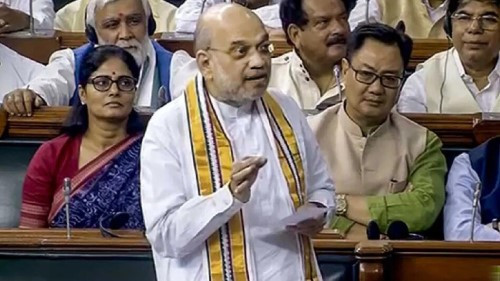
Union Home Minister Amit Shah on August 11 introduced three bills to replace IPC, CrPC, Indian Evidence Act in Lok Sabha
11) New bills and digitization
The bills speak about the digitization of the complete process starting from filing FIR to the maintenance of case diary to filing chargesheet and delivery of judgment. It speaks of facilitating video conferencing throughout the trial including cross-examination and appeal. It also made it mandatory to record statements of victims of sexual crimes through videography. Then the videography is also made mandatory during the search and seizures.
12) The new bills focus on forensic science. A visit by a forensic team to a crime scene will be mandatory for the offences punishable with imprisonment of 7 years or more. The National Forensic Science University aims to strengthen forensic science and increase the conviction rate. As per the Union Home Minister, this will open up the professional field to around 33,000 forensic science experts, aiming to increase the number of convictions.
13) Procedural changes such as chargesheet to be filed within 90 days of FIR; the court may extend such time by a further 90 days, so the total maximum period for winding up the investigation to 180 days. The courts are to finish framing charges within 60 days of receiving the charge sheet. The judgment is to be delivered within 30 days from the conclusion of the hearing and it is also mandatory to make it available online within 7 days of the pronouncement.
14) A zero FIR of an incident can be registered in any police station without the bar of jurisdiction. The complaint will be sent to the police station concerned within 15 days.
Read Also : A Pendulum Swing: From the freedom of the press to its control - Adv. Prachi Patil
15) other notable developments are the introduction of the death penalty for the rape of minor and a minimum of 20 years of imprisonment for gang rape. Section 102 of BNS also imposes a mandatory death sentence or life imprisonment for murder by a life convict. However, a similar provision under the IPC section 303 was struck down by the Supreme Court in the case of Mithu vs. State of Punjab, 1983. Then the controversial provision under IPC as to punishment for an attempt of suicide is also removed from the new bill of BNS.
16) The old laws had lots of references from the colonial era such as the UK Parliament, London Gazette, privy council, British crown and many more such references were removed from the new bills. There are approximately 475 such references.
17) Newly codified crimes: Some of the significant changes in the Bhartiya Nyay Sanhita are the newly introduced offences like- corruption, mob lynching, organised crimes, snatching, fake promises to marry, ATM theft, Ponzi scheme, etc. are duly recognised. Even the offences of terrorism, separatism, and armed rebellion against the government have also been recognised. The standing committee is expected to look into a few things as to these new laws. Such as how are we going to deal with corruption under these new bills when there is an existing Prevention of Corruption Act. The offences organised crimes are specially dealt with under MCOCA and terrorism under UAPA. It will be necessary to demark a line of balance between the special law and BNS as to such offences.
18) The Sakshya Sanhita: There are the least number of substantive changes in the Evidence Act as compared to IPC and CRPC. The major and welcome changes are:
1) strengthens rule as to electronic evidence and
2) expands the scope of secondary evidence. However, the confusing drafting and misplaced provisos in the Sakshya Bill are more of a concern.
The points that need to be addressed:
1) Implementation: Most of the time laws have been of less concern than their implementation. The legal fraternity had built their understanding and interpretation based on what Macaulay (IPC) and Stephen (IEA) had formulated in the 19th century. Hence, it is expected not to touch the core principles while bringing in the amendments that will suffice the needs of modern times.
2) Technological efficacy: While moving towards a technology-friendly legal system it is to be kept in mind that various district courts are not well equipped with the necessary gadgets and skills to operate them. They must be provided with the necessary equipment beforehand else it will be a new cause of delay.
3) Infrastructure to store electronic material: Before adopting electronic means in the whole criminal procedure the question is whether we are well equipped to store confidential information during investigation, inquiry, and trial. The legal reform and its practical enforcement shall go hand in hand. After all, it is the question of an individual's privacy that will be violated if such data is stolen, leaked, or tampered with.
4) The composition of the committee is also criticised a lot. It did not include judicial representatives, the bar, the civil society, or marginalized communities. A fair suggestion and criticism shall be welcomed from various stakeholders.
5) Some of the provisions may be a threat to Human rights, for example: The BNSS also provides widespread powers to the police as search, seizure and detention without any judicial oversight.
Even if we agree on the fact that some of the provisions promote positive change the question is was there any need to have altogether new laws? This could have been done with the help of amendments. There is a huge difference between amending a provision or introducing a new provision versus wiping out laws and replacing them with new ones. A huge structural change in these laws may create chaos, uncertainty, and anxiety when it comes to implementation.
It is because even a small change in an enactment has a significant impact on those who deal with it, the lawyers and judges and of course the complainants and accused. For example, the Indian Penal Code is more than 160 years old. It's not just about the text of the code but the precedents set up through various judgments, the jurisprudence behind it is the soul of the code. Hence, caution shall be exercised before making the proposed changes to these laws.
- Adv. Prachi Patil
ppprachipatil19@gmail.com
(The writer is a practicing lawyer at the Pune District Court and the Family Court, Shivajinagar.)
हेही वाचा :
Tags: ब्रिटीशकालीन कायदे राजद्रोह साक्ष्य संहिता प्राची पाटील अमित शाह कायदेविषयक law justice articles about law British colonial law criminal justice system Load More Tags



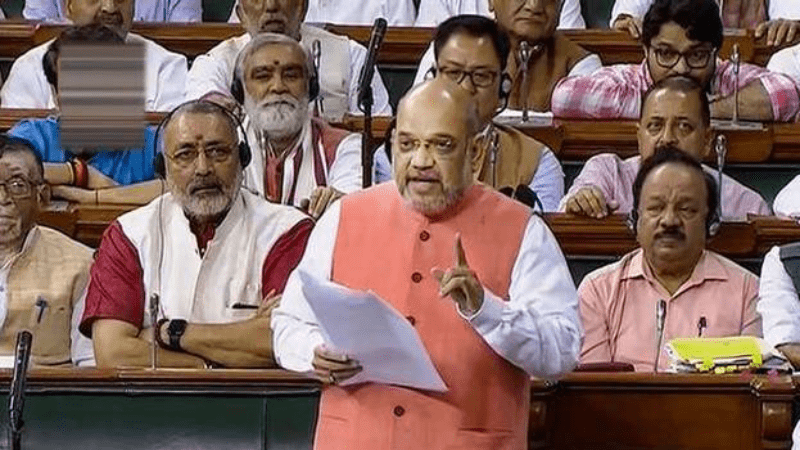
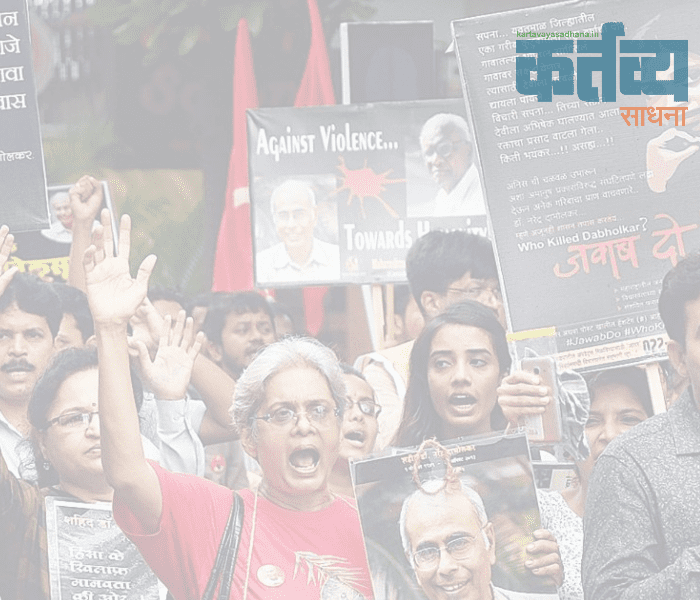
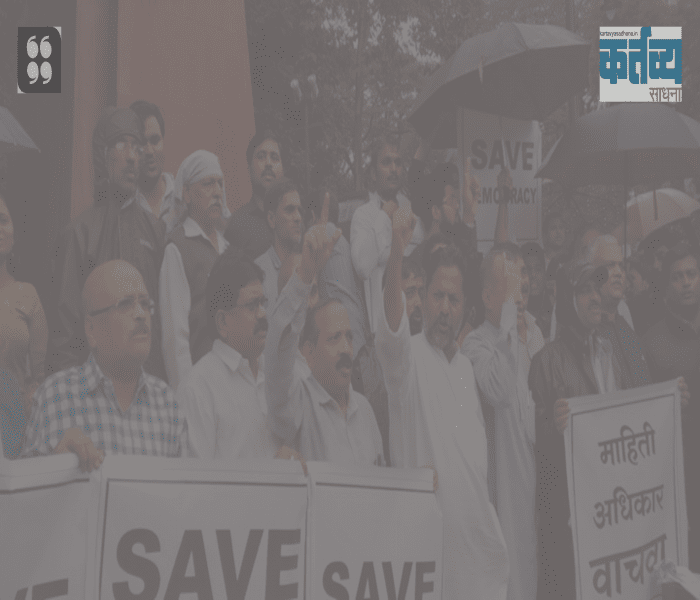
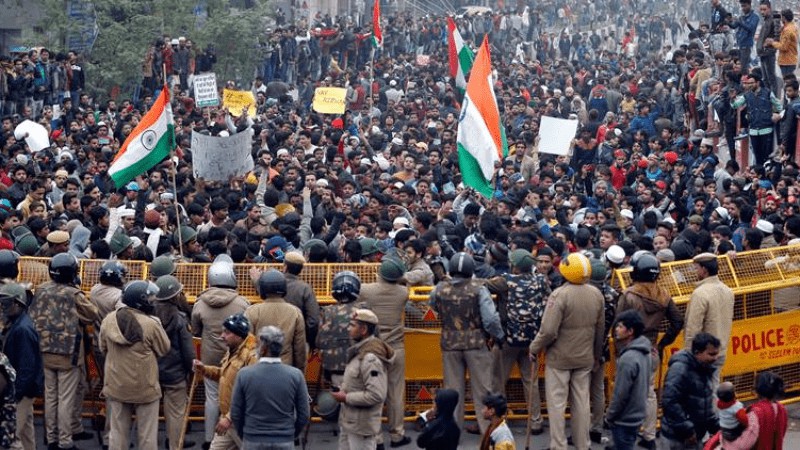
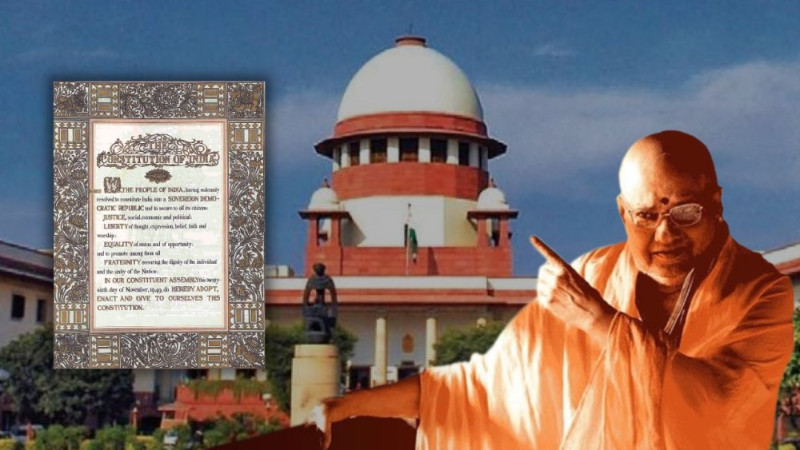
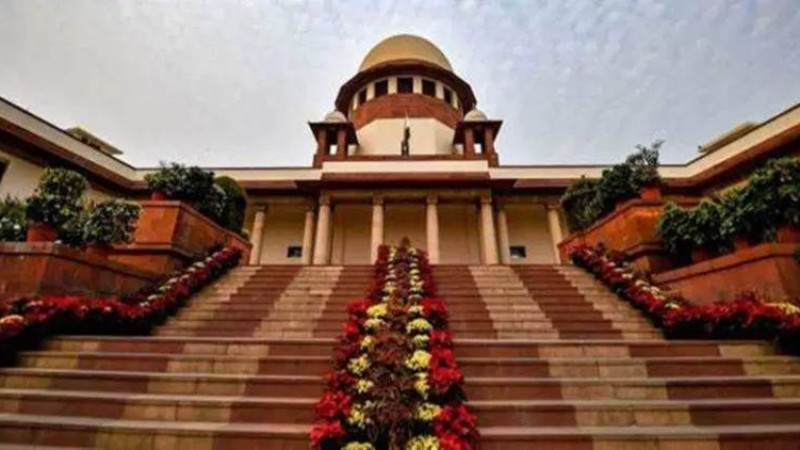
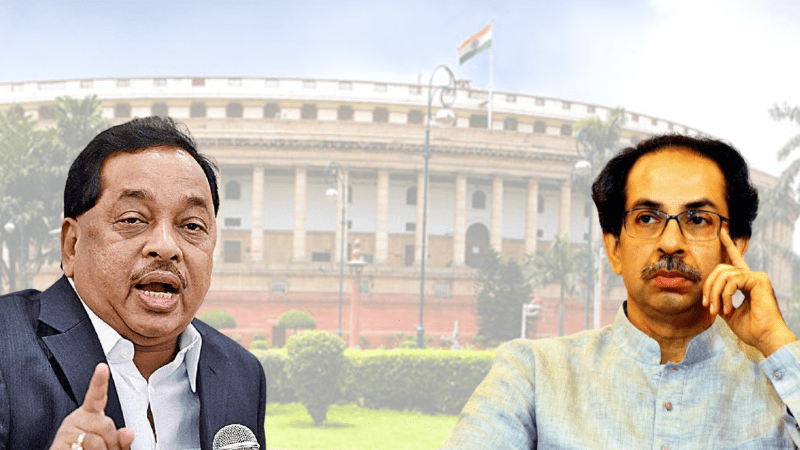
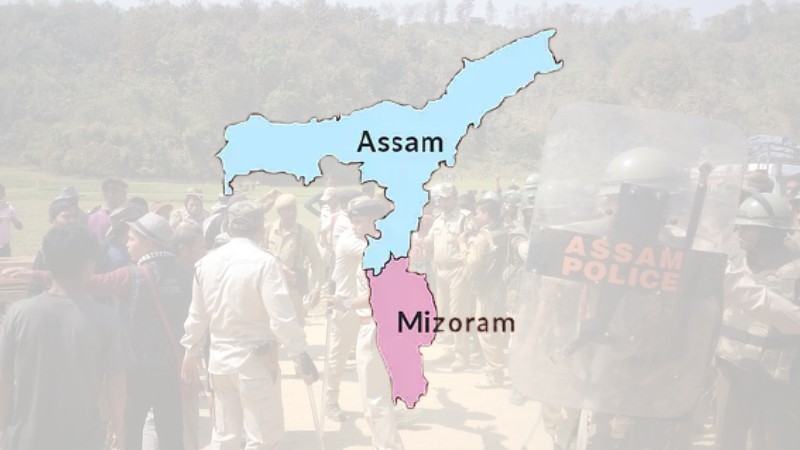


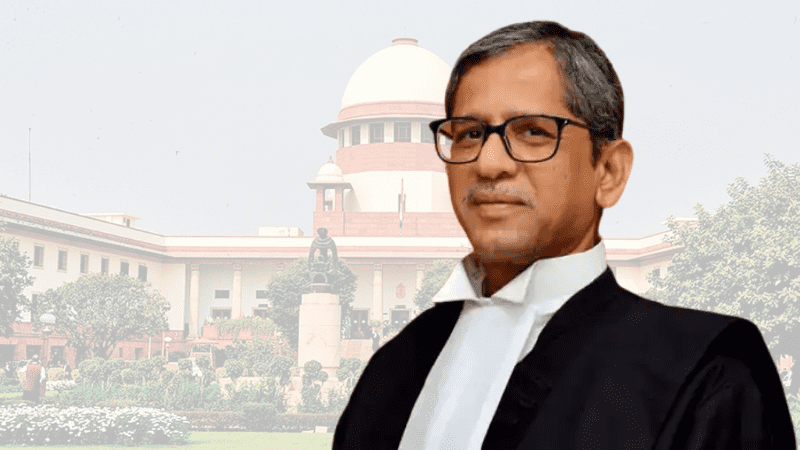
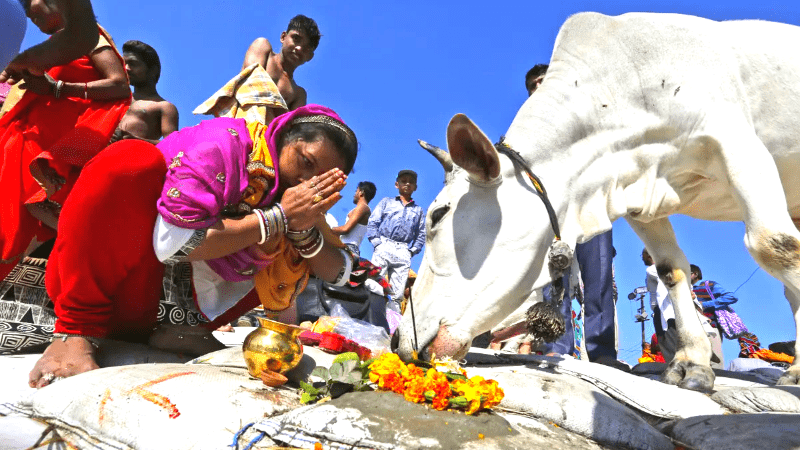



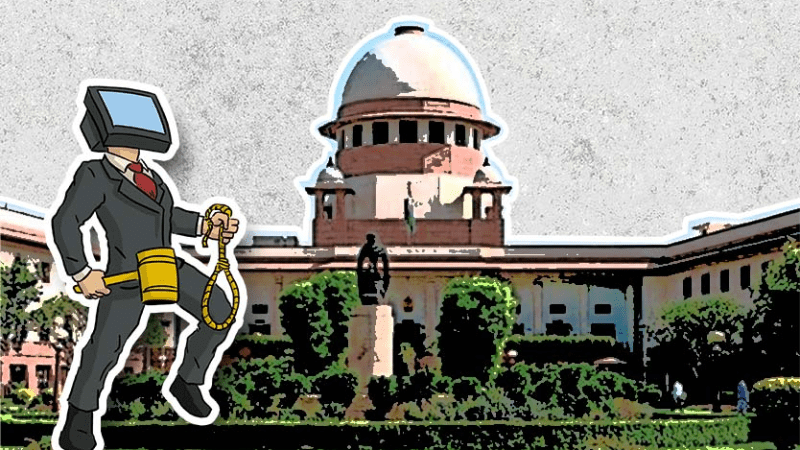



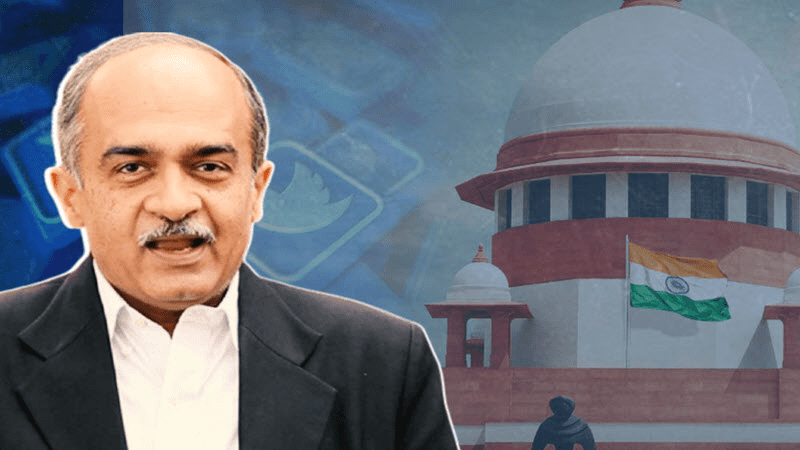
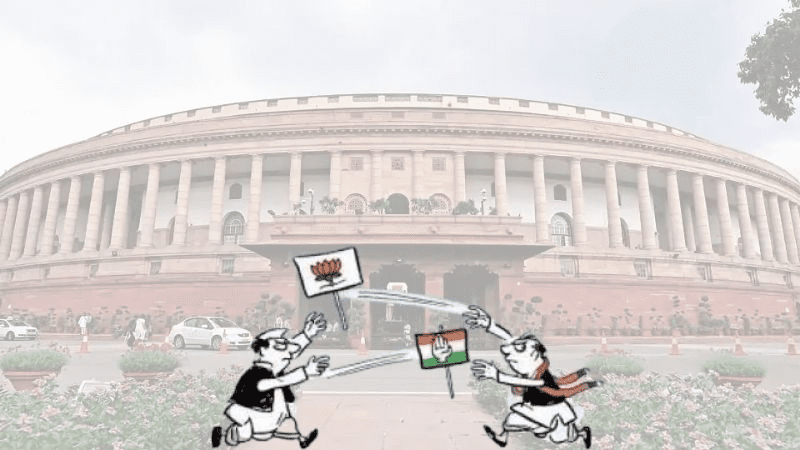
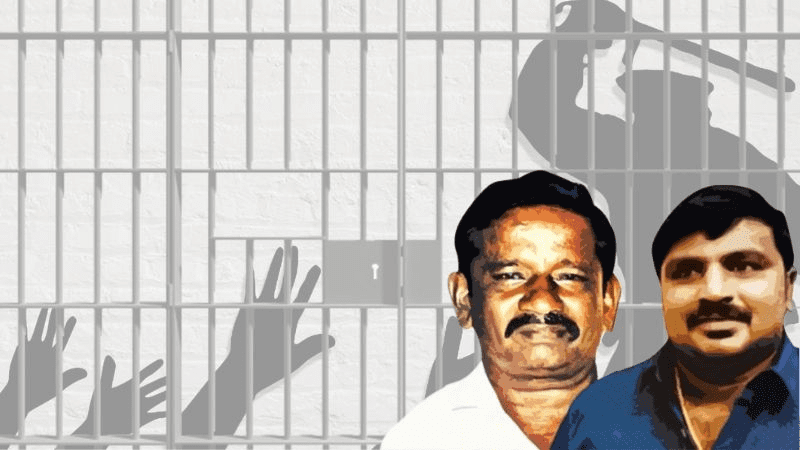
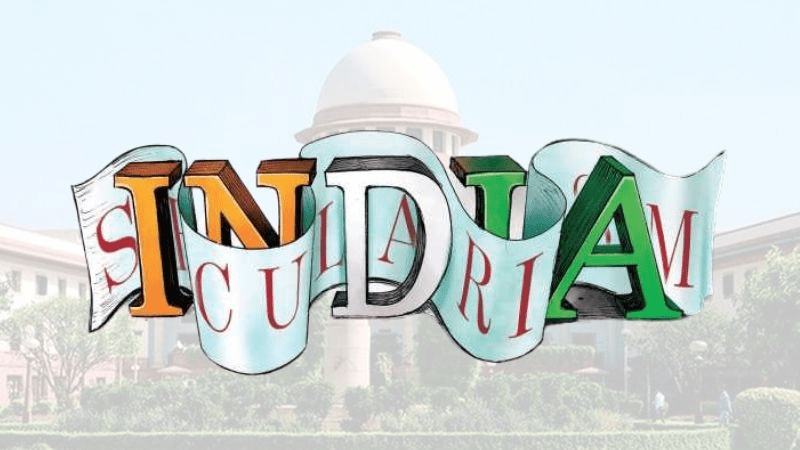





























Add Comment